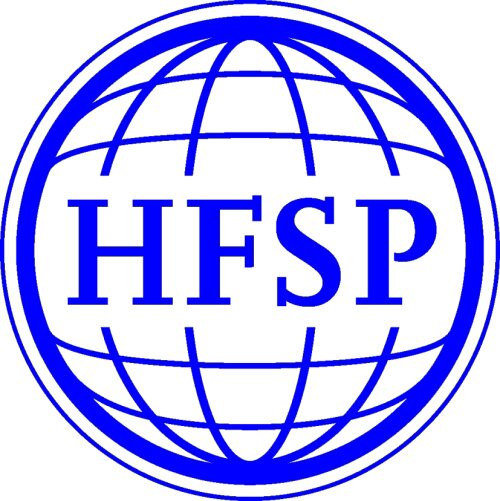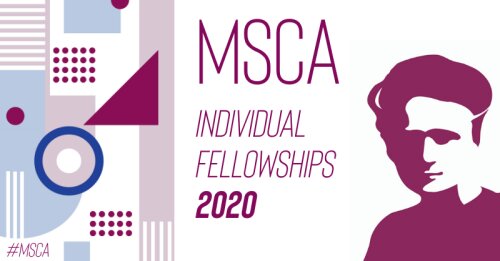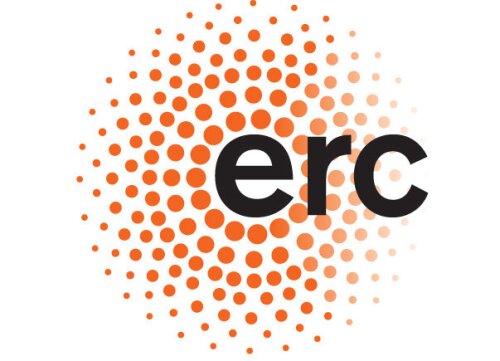Vacancies
Call for pre- and postdoctoral applicants
We will welcome and support excellent young researchers with an application for pre- or postdoctoral fellowships, in particular for the EU-MSCA calls (postdocs: deadline 9 September) and FWO calls (predoc: 1 March, postdoc: 1 December) (see further on this page for more information on these calls). Depending on the area of interest, we would welcome researchers or students with a background in evolutionary biology, movement ecology or infectious disease ecology, but possibly also researchers with a background in spatial analysis techniques from geography or statistics.
We particularly welcome candidates with an interest in the following areas, but would also be willing to discuss other options:
- Applying novel tracking techniques to study the interplay between movement, social dynamics and spatial population processes in birds. Two model systems are possible: the invasive Ring-necked Parakeet (fieldwork possible in Belgium and other countries) and the Great Tit (fieldwork in Belgium). Questions can include the role of social movements (such as communal roosting and foraging) in driving range expansion, or the behavioural mechanisms underpinning the boldness-dispersal syndrome.
- Extending the movement ecology toolbox: using largely unexplored techniques from fields such as graph theory and discrete choice modelling, to go beyond the current state of the art in testing hypotheses on patterns and processes of dispersal. A 25-year dataset on Great Tits with over 2000 natal dispersal events will provide the first testing ground for models that can subsequently be tested in other study systems.
- Birds and Lyme Disease: unraveling the way in which birds contribute to the Lyme Disease cycle. Common songbirds are known to be the major reservoir hosts for some of the most harmful pathogens vectored by ticks, yet there are many unknowns on the causes and consequences of intra- and interspecific variation in the competence of birds to transmit pathogens and the role of bird movements in shaping spatiotemporal distribution of bird-derived pathogens in ticks.
For more information, contact Erik Matthysen
PhD Fellowships
We welcome applications by students who want to obtain their own funding for a PhD study. If you are interested in joining us, please contact one of our professors with a statement of interest about your research, and the external scholarship programme (in Belgium, your own country, or an international funding programme) to which you aim to apply. Note that the University of Antwerp only offers PhD scholarships through project-specific vacancies which are advertised here.
The main funding agency for PhD fellowships in Flanders is the FWO with an annual deadline of 1 March. This call targets both fundamental innovative research, and strategic research aimed at applications. These calls are open to all EU and EEA students.
A number of other possibilities for scholarships are listed on the Scholarships pages of the University of Antwerp.
For general information on the PhD programme, see the website of the Antwerp Doctoral School.
Postdoctoral fellowships and ERC grants
We will welcome and give full support to postdoctoral applications in the fields of evolutionary ecology, infectious disease ecology and conservation biology. We particularly welcome applications related to evolutionary ecology of host-parasite interactions, ecology of infectious diseases, movement ecology (dispersal, connectivity, invasive species) and evolutionary responses to climate change and urbanization. The lab is member of the Global Change Ecology and ASCID (Antwerp Study Centre for Infectious Disease) excellence centers, which can provide additional support to applicants through dedicated research managers. The Global Change Ecology has a high success ratio for both incoming and outgoing MSC postdoctoral fellows.
Possibilities include but are not limited to the following:
| FWO junior and senior postdoctoral fellowships The new call offers three-year fellowships for both junior (<3y after PhD) and senior (3-6y) fellowships. International mobility is a positive criterion. | December | 
|
August | 
| |
September | 
| |
October | 
|